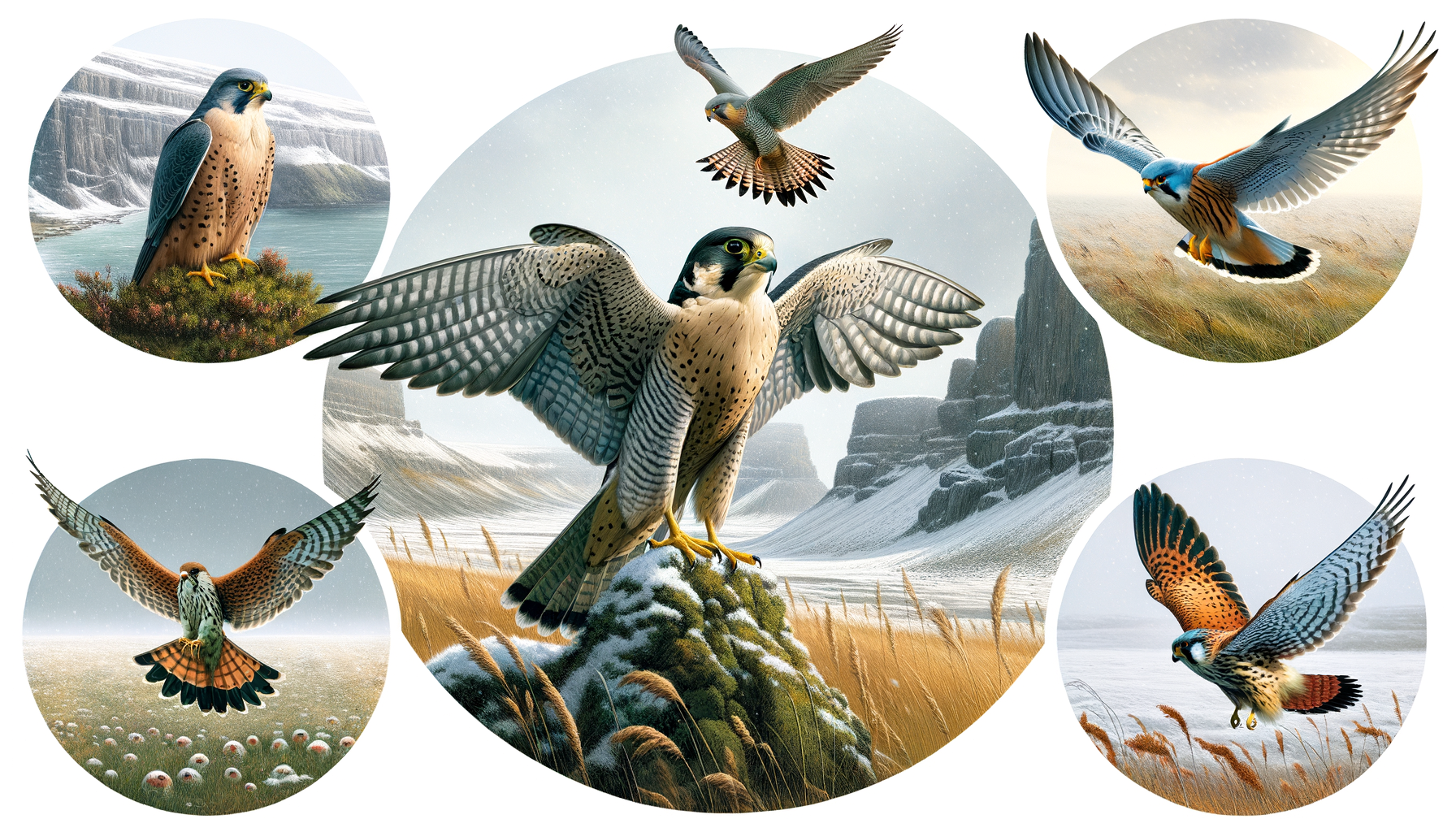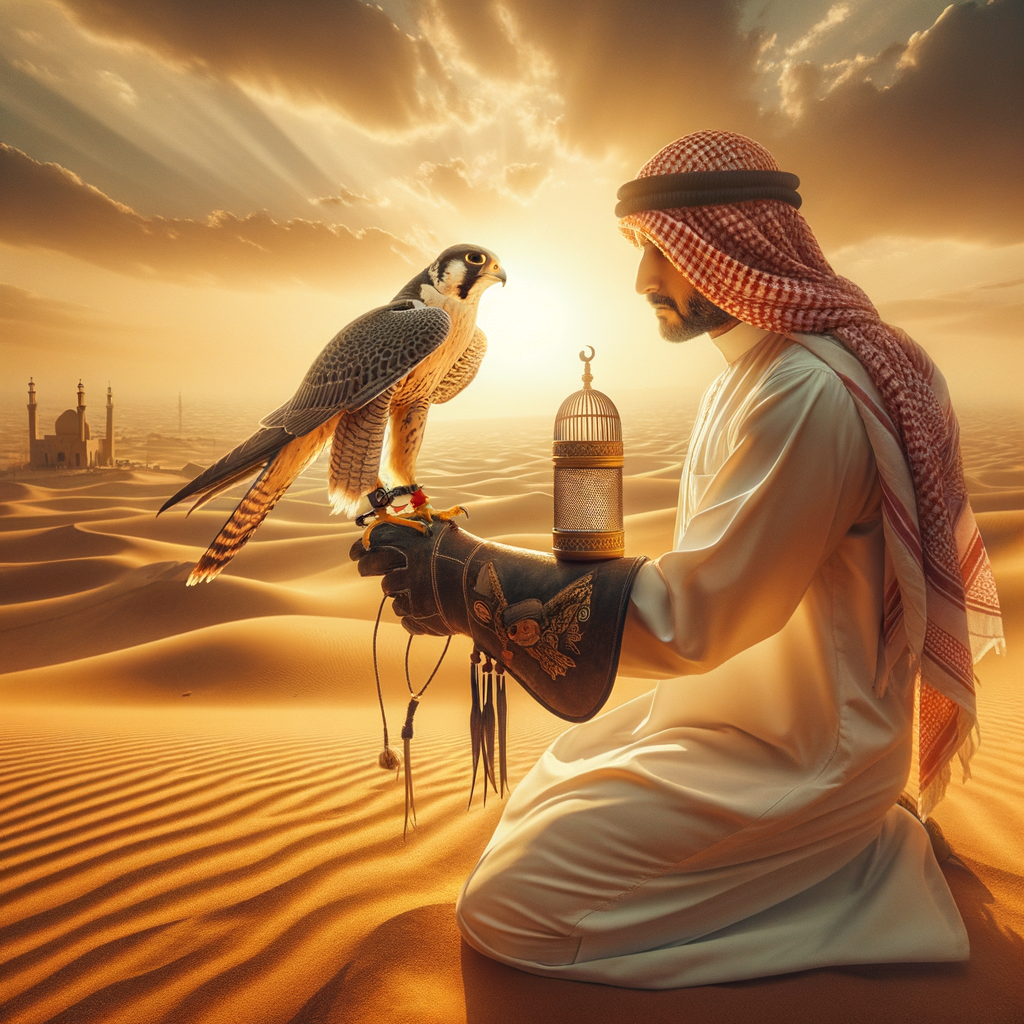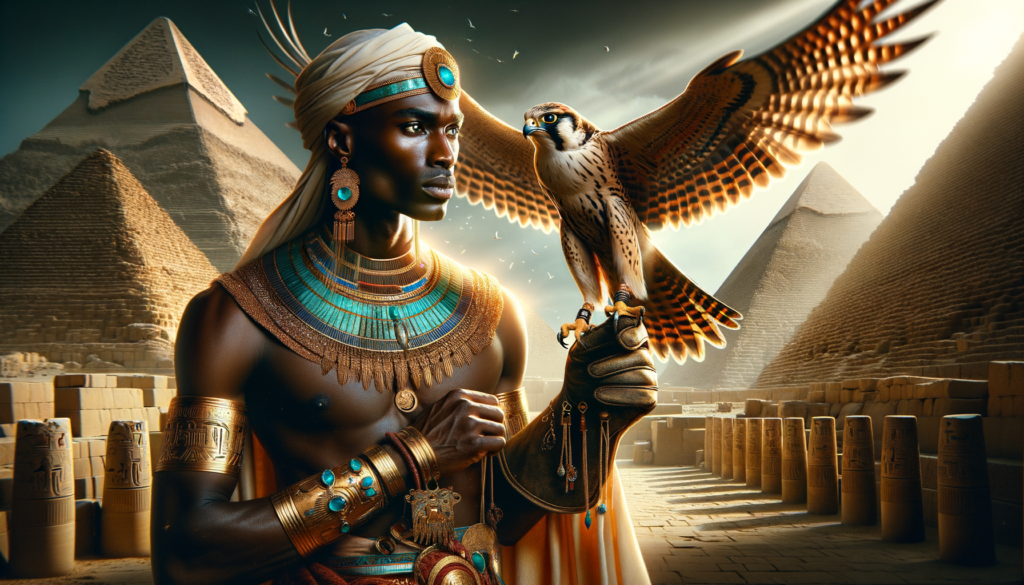Exciting Facts About Falcon Species
- Falcons are birds of prey with incredible hunting skills.
- They have sharp talons and beaks, perfect for catching and eating smaller animals.
- Falcons can fly at astonishing speeds, some reaching over 200 miles per hour.
- There are many different species of falcons, each with unique features.
- Peregrine falcons are the fastest birds, known for their high-speed dives.
- Gyrfalcons are the largest species, living in Arctic regions.
- The American Kestrel is the smallest falcon in North America, known for its colorful feathers.
- Falcons have excellent eyesight, allowing them to spot prey from great distances.
- These birds often nest on high cliffs or tall buildings, using their height advantage to hunt.
Discover the Majestic World of Falcons
Have you ever heard the legend of the Irish Druid who could transform into a mighty hawk, soaring effortlessly across the emerald green hills? If you can imagine the awe and wonder of that transformation, you’ll begin to understand the incredible beauty and power of falconry. Welcome to Learn Falconry, your gateway to the enchanting world of these majestic birds.
In our journey together, you’ll uncover fascinating information about different species of falcons. From their incredible speed that rivals the swift Irish winds to their keen vision that can spot prey from miles away, each species holds unique and awe-inspiring traits. Falcons have played significant roles in history and culture, much like the folklore of ancient Ireland.
So, keep reading and let’s dive into the captivating tales and intriguing facts about these magnificent birds of prey. By understanding more about the different species, you’ll gain a deeper appreciation of their importance in our world and the delicate balance of nature they help maintain. Make sure to stay with us and discover why these winged wonders deserve our admiration and protection.
Discover the Types of Falcons and Falcon Breeds
Falconry, the art of training falcons and other birds of prey for hunting, is an ancient practice that captivates many enthusiasts across the globe. One of the most important aspects of falconry is understanding the different falcon species, as each has unique traits and abilities. At Learn Falconry, we are dedicated to educating you about the fascinating world of falcons. Whether you are a seasoned falconer or a complete beginner, knowing the types of falcons can help you appreciate these magnificent birds even more.
Peregrine Falcons
The Peregrine Falcon is perhaps one of the most well-known falcon species. Known for their incredible speed, these birds can reach over 240 mph when diving to catch prey. They are found all over the world and are a popular choice for falconry due to their agility and power. If you want to learn more about the history and equipment used in falconry, check out this link and this link.
Gyrfalcons
Gyrfalcons are the largest of the falcon species and are native to the Arctic regions. They come in various colors, from white to dark grey. Their size and strength make them exceptional hunters in harsh climates. Learn more about the techniques used in training these impressive birds by visiting this page.
Saker Falcons
Saker Falcons are powerful and versatile birds, often used in Middle Eastern falconry. They are known for their strength and ability to hunt larger prey. Understanding the different falcon breeds can add depth to your falconry experience. Explore more about the different breeds here.
Lanner Falcons
Lanner Falcons are commonly found in Africa and parts of Europe. They are known for their keen eyesight and excellent hunting skills. If you’re interested in the various techniques used to train these birds, take a look at this link.
Merlin Falcons
Merlins are small but fierce falcons that can be found in North America and Europe. They’re known for their speed and agility, making them excellent hunters despite their size. Learn more about the legal aspects of training different falcon species here.
American Kestrels
These tiny falcons are North America’s smallest predators but play a significant role in falconry. Their vibrant colors and small size make them popular among beginner falconers. Want to start your falconry journey? Visit this page.
Advanced Falcon Breeds
For those looking to delve deeper, discovering the various hybrid falcons can be an enriching experience. Hybrids often combine the best traits of different types of falcons, resulting in birds with unique abilities. For advanced training methods and conditioning programs, explore this page.
Ensuring Falcon Health and Nutrition
Proper care is crucial for maintaining the health and performance of your falcon breed. Detailed information on falcon nutrition and health can be found here.
Falconry for Cultural and Environmental Impact
Falcons are not just admired for their beauty and strength but also play a significant role in various cultures and conservation efforts. Learn more about the cultural significance and conservation efforts related to falconry here and here.
Exploring the different species of falcons opens up a world of adventure and knowledge. With a broad range of falcon breeds to choose from, each bringing its own unique traits, the world of falconry becomes much more enriched and fulfilling. For more detailed information, you can visit our specialized sections on various falcon species like Peregrine Falcons, Gyrfalcons, and many more.
By exploring these amazing falcon species, you’ll be well on your way to becoming a knowledgeable and capable falconer.
Fascinating World of Falcon Species
Welcome to the amazing world of falcons! Falcons are one of the most incredible birds of prey. They can fly at amazing speeds, dive from great heights, and have some of the sharpest vision in the animal kingdom. Let’s take an exciting journey through the different falcon species and explore their unique characteristics, habitats, and more.
Falcon Distribution and Species
Falcons are found all over the world. Here is a list of some popular falcon species and where they live:
| Species Name | Location |
|---|---|
| Eleonora’s Falcon | Greece, Cyprus, Canary Islands, Spain, Italy, Croatia, Morocco, Algeria |
| Sooty Falcon | Northeastern Africa, southern Persian Gulf |
| American Kestrel | Central and western Alaska, Northern Canada, Nova Scotia, central Mexico, Caribbean |
| Aplomado Falcon | Northern Mexico, southern South America |
| Merlin | Eurasia, North Africa, North America |
| Bat Falcon | Tropical Mexico, Central and South America, Trinidad |
| Orange-breasted Falcon | Southern Mexico to northern Argentina |
| Eurasian Hobby | Africa, Europe, Asia |
| New Zealand Falcon | New Zealand |
| Brown Falcon | Australia, New Guinea |
| Grey Falcon | Australia |
| Black Falcon | Australia |
| Lanner Falcon | Africa, southeast Europe, Asia |
| Laggar Falcon | Southeastern Iran, southeastern Afghanistan, Pakistan, India, Nepal, Bhutan, Bangladesh |
| Saker Falcon | Eastern Europe, Middle East, Central Asia, China |
Amazing Characteristics of Falcons
Falcons have some pretty cool traits that make them special hunters. Here’s what makes them unique:
- Wings: Falcons have long, pointed wings which help them fly at high speeds and make quick turns.
- Feathers: They have special plumes on their legs called “flags”, and a notch in their beak that forms a “tooth”, which helps them hunt more effectively.
- Size: Falcons range in size from the tiny falconet, which is about 15 cm (6 inches), to the larger gyrfalcon, which can be up to 60 cm (24 inches).
- Habitat: Falcons usually nest in holes in trees or on natural ledges on cliffs.
- Diet: Falcons hunt during the day and feed on birds, hares, mice, lizards, and insects.
Falcon Conservation
Some falcon species are facing challenges due to habitat loss and other issues. Here’s an update on a few species:
- Aplomado Falcon: Once widespread but now endangered due to pesticide use and habitat degradation.
- Gyrfalcon: Found in the Arctic; they face challenges from climate change.
How to Identify Falcons
If you’re trying to identify a falcon, here are some tips:
- Peregrine Falcon: The largest falcon in most regions, recognized by its long, pointed wings and a long tail.
- Prairie Falcon: Similar to the Peregrine Falcon but with more subdued coloration.
These insights provide a comprehensive view of the world of falcons, their diverse distribution, fascinating characteristics, and conservation efforts. Stay curious and keep exploring the fantastic world of falconry!
Appreciating the Majestic World of Falcons
Falcons are incredible creatures found all around the world with unique characteristics and habits. For instance, the Peregrine Falcon’with its population now stable’continues to amaze with its speed, diverse habitats, and recovery success story. This powerful bird of prey nests in various locations from cliffs to urban skyscrapers and thrives on a diet of smaller birds. Meanwhile, species like the Amur Falcon and Aplomado Falcon face challenges due to environmental threats, yet their resilience remains a testament to their enduring nature.
Learning about these birds’ nesting habits, growth, and migration journeys provides us a glimpse into their fascinating lives. By understanding different falcon species’from the Peregrine to the New Zealand Falcon’we can better appreciate their role in our ecosystem and the importance of conservation efforts.
At Learn Falconry, we are passionate about sharing this knowledge and fostering a deeper connection with the natural world. Through education and awareness, we can contribute to the protection and appreciation of these remarkable birds for generations to come. Join us in exploring, learning, and preserving the invaluable legacy of falcons.



